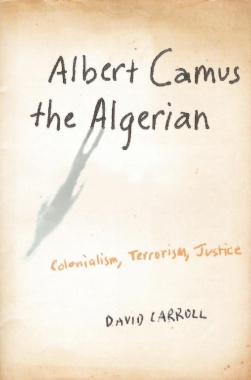Mobilizing Islam explores how and why Islamic groups succeeded in galvanizing educated youth into politics under the shadow of Egypt's authoritarian state, offering important and surprising answers to a series of pressing questions. Under what conditions does mobilization by opposition groups become possible in authoritarian settings? Why did Islamist groups have more success attracting recruits and overcoming governmental restraints than their secular rivals? And finally, how can Islamist mobilization contribute to broader and more enduring forms of political change throughout the Muslim world?
Moving beyond the simplistic accounts of "Islamic fundamentalism" offered by much of the Western media, Mobilizing Islam offers a balanced and persuasive explanation of the Islamic movement's dramatic growth in the world's largest Arab state.
- Contents
- Preface
- Acknowledgments
- Introduction: “The Algerian” in Camus
- CHAPTER ONE: The Place of the Other
- CHAPTER TWO: Colonial Borders
- CHAPTER THREE: Exile
- CHAPTER FOUR: Justice or Death
- CHAPTER FIVE: Terror
- CHAPTER SIX: Anguish
- CHAPTER SEVEN: Last Words
- CONCLUSION: Terrorism and Torture : From Algeria to Iraq
- Notes
- Index

